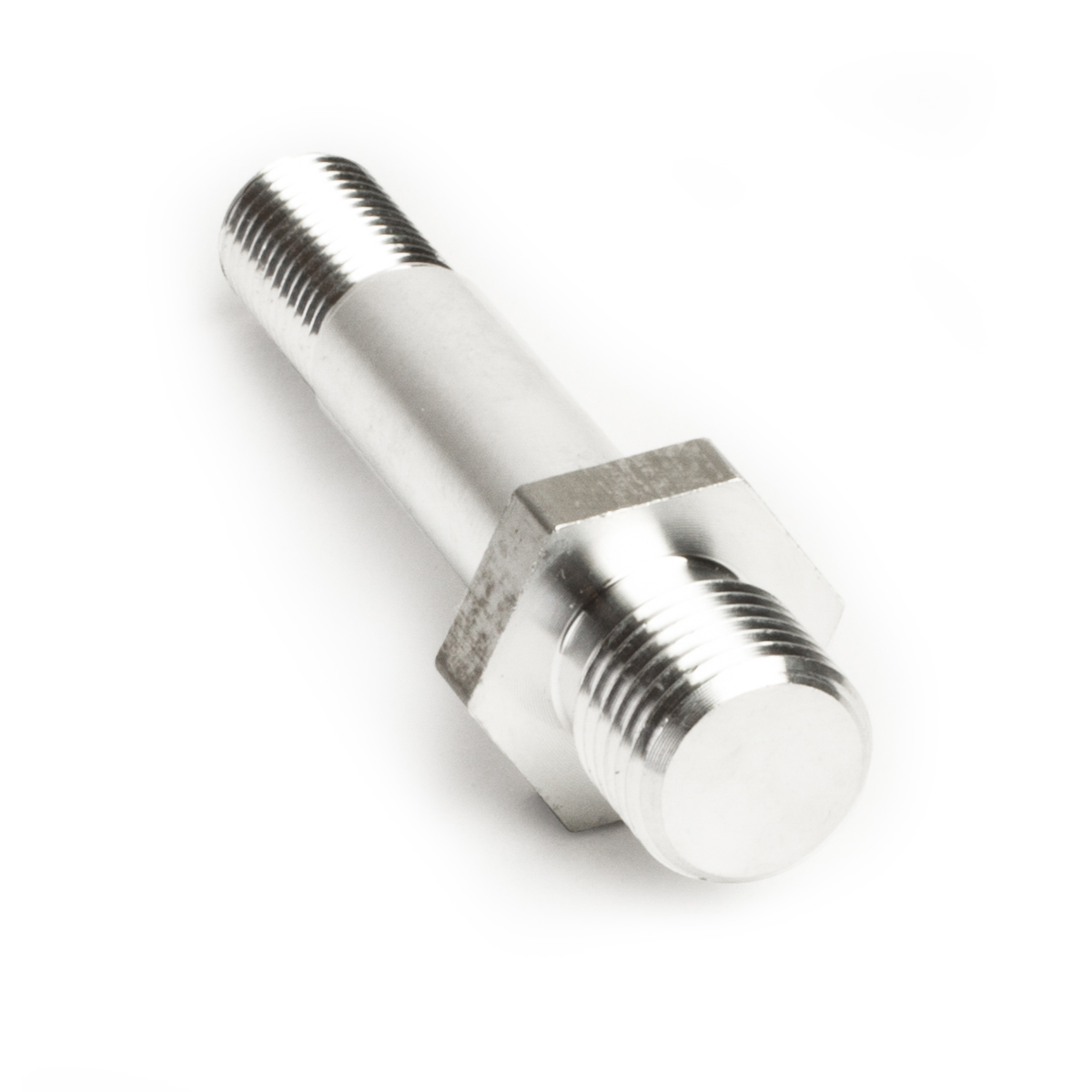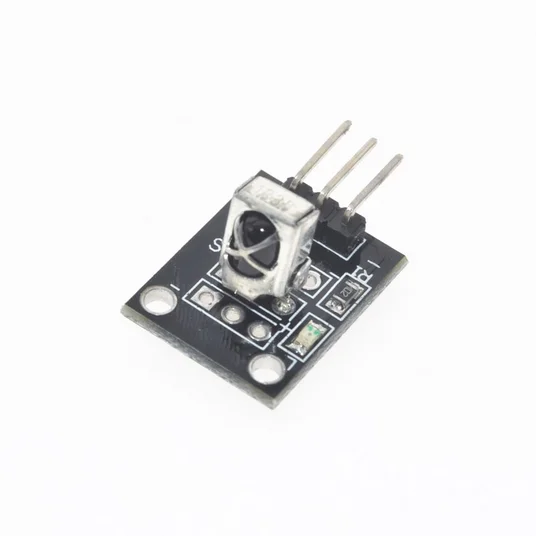

You can submit feedback by emailing us at You grant to us a non-exclusive, worldwide, perpetual, irrevocable, fully-paid, royalty-free, sublicensable and transferable license under any and all intellectual property rights that you own or control to use, copy, modify, create derivative works based upon and otherwise exploit the feedback for any purpose TIHK Content We welcome feedback, comments and suggestions for improvements to the Services. Our Privacy Policy is incorporated in these Terms, and is available at. Please review our Privacy Policy for information about the data we may collect and use. Because our Services are evolving over time we may change or discontinue all or any part of the Services, at any time and without notice to you, at our sole discretion. If you don’t agree to be bound by the modified Terms, please discontinue use of the Services immediately. It’s important that you review the Terms whenever we modify them because continuing to use the Services after we have posted modified Terms on the Site indicates to Us that you agree to be bound by the modified Terms. If we do so, we’ll make it known on the Site. We may modify these Terms and our Services at any time, in our sole discretion. If you do not agree to these Terms, simply stop using the Services. To make these Terms easier to read, the Site, and our products and services and are collectively called the “Services.” Agreement to Termsīy accessing, or using our Services, you agree to be bound by these Terms.

If you have any questions, please contact us. Please read these Terms of Service (“Terms”) carefully because they govern your use of the website (the “Site”), and the content, services, and products available at or through the Site and associated social media profiles. We are makers of urban survival products, designed and manufactured in the USA. Welcome to, owned and operated by Quampton LLC (“TIHK”, “we”, “us” or “our”). The double lock is one of the surest ways to prevent picking and tampering, and ensure the safety of individuals on both sides of the cuffs. It’s very unlikely to come across a pair of modern handcuffs that doesn’t include a double lock if you do, pass them up in favor of a pair that does. A subject who is unaware that the double lock has been engaged could pick at the lock for hours without success. Lock picking of every kind becomes more difficult with a double lock, because now the single lock will not release until the secondary lock has first been disengaged, even if the lock has been picked “correctly”.

This method is rendered useless with the double lock, because the ratchet will not tighten. To release the pawl, a thin piece of metal is wedged between the locking mechanism and the teeth and then tightened one notch, thus unclicking the lock.

The double lock is generally disengaged by rotating the universal handcuff key opposite the direction that unlocks the single lock.Ī common lock-picking strategy for ratcheted cuffs is releasing the pawl with a shim. This catch is typically engaged with the blunt spike you’ll see at the end opposite the tooth on most handcuff keys, although there are also double locks that are instead engaged with a lever on the cuffs, preventing the need to fiddle with the key after cuffing the subject. The basic mechanism of a double lock involves a catch which, when engaged, checks the movement of the ratchet wheel to prevent it from tightening further. While the mechanism of the double lock may vary somewhat depending on manufacturer, they all serve the same two-fold purpose: to prevent potential nerve damage or loss of circulation in the event that the cuffs are tightened, and to prevent the cuffs from being picked. The double lock, which stops ratcheted handcuffs from tightening once the lock is engaged, is now a standard on most modern handcuffs, regardless of the cuff style. Naturally, this can cause a host of troubles for law enforcement officers, which is why the invention of the double lock by John Tower (of Tower Handcuffs, once a giant of the handcuff industry) in 1879 was revolutionary. There is a wide variety of ways to pick and tamper with standard handcuffs, the locks of which are operated by a rather simple mechanism.


 0 kommentar(er)
0 kommentar(er)
